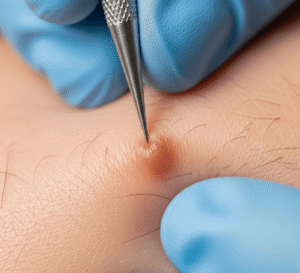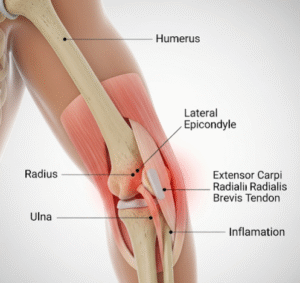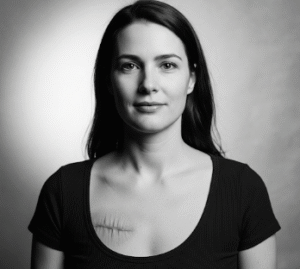Overview
Low back pain is a common musculoskeletal condition affecting the lumbar region of the spine. It ranges from acute to chronic and can significantly impact daily activities and quality of life. Proper diagnosis and management are essential for relief and prevention of recurrence.
What Is Low Back Pain?
Low back pain refers to discomfort or pain localized between the lower rib cage and the buttocks. It may arise from muscles, ligaments, discs, nerves, or spinal joints and can be mechanical or related to underlying medical conditions.
Symptoms
- Dull, aching pain or sharp, shooting pain in the lower back
- Stiffness and reduced range of motion
- Pain worsening with movement or prolonged sitting
- Muscle spasms
- Radiating pain to hips, thighs, or legs (sciatica) in some cases
- Numbness or tingling if nerves are involved
Causes
- Muscle or ligament strain due to overuse or injury
- Herniated or bulging discs
- Degenerative disc disease
- Spinal stenosis (narrowing of the spinal canal)
- Osteoarthritis of the spine
- Poor posture or improper lifting techniques
- Osteoporosis leading to vertebral fractures
- Less commonly, infections, tumors, or inflammatory diseases
Risk Factors
- Age (more common in people aged 30-50)
- Sedentary lifestyle or heavy physical labor
- Obesity
- Poor physical fitness or weak core muscles
- Smoking
- Psychological stress
Complications
- Chronic pain and disability
- Reduced mobility and quality of life
- Sleep disturbances
- Mental health issues such as anxiety and depression
Prevention
- Regular exercise to strengthen back and core muscles
- Maintaining good posture
- Using proper body mechanics when lifting objects
- Maintaining a healthy weight
- Avoiding prolonged sitting and taking frequent breaks
- Quitting smoking
Treatment Options in Korea
Korea offers comprehensive treatment for low back pain through:
- Physical Therapy: Exercises, manual therapy, and posture correction.
- Medications: Pain relievers, anti-inflammatory drugs, and muscle relaxants.
- Interventional Procedures: Epidural steroid injections, nerve blocks for severe pain.
- Surgical Options: For cases involving severe nerve compression or structural problems.
- Complementary Therapies: Acupuncture, chiropractic care, and herbal medicine widely available.
- Lifestyle Counseling: Guidance on ergonomics, weight management, and exercise.
Korean medical centers provide individualized care plans, combining conventional and traditional approaches to relieve pain and restore function effectively.













